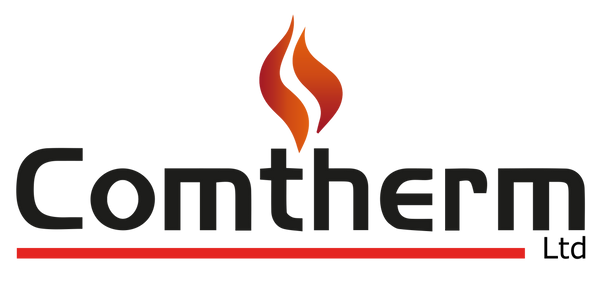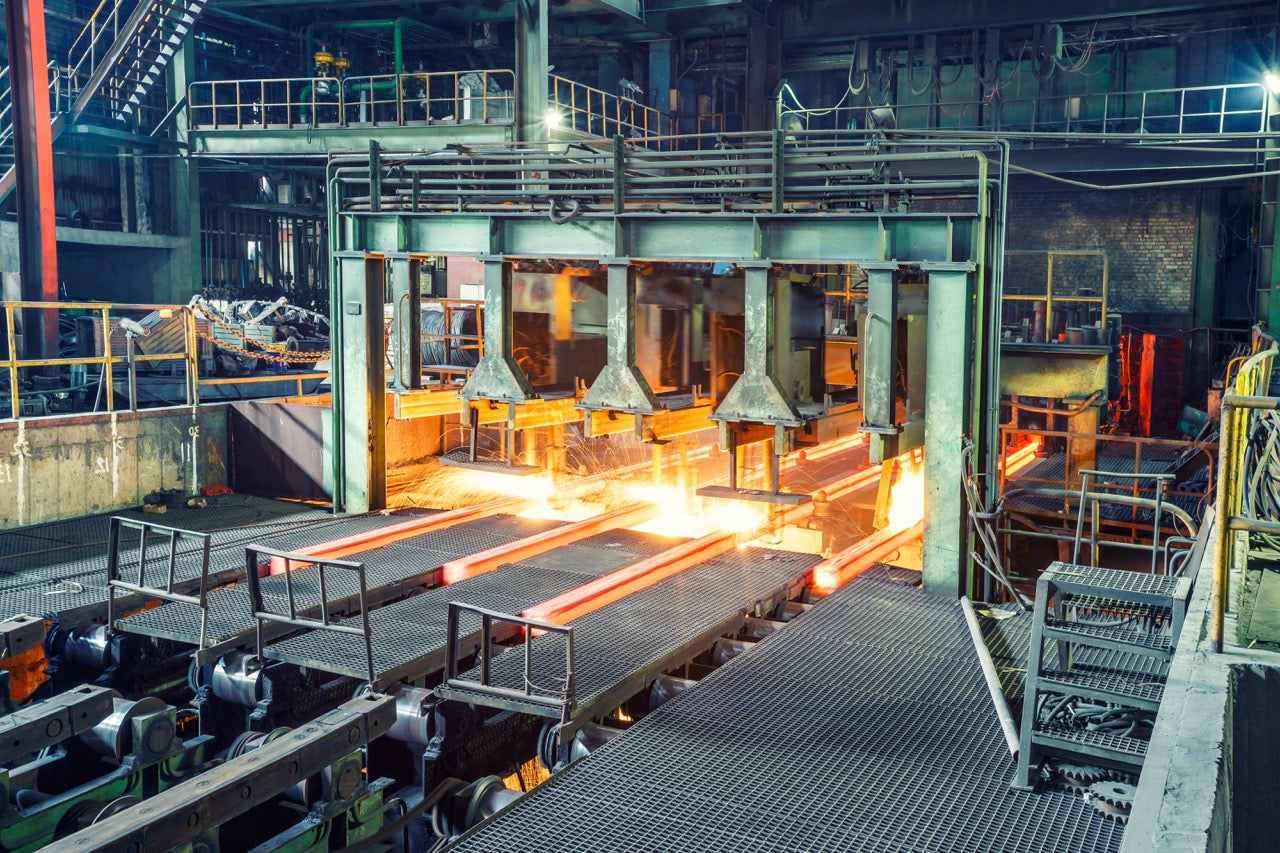Introduction
Industrial combustion is a vital part of many manufacturing processes across a wide array of sectors, from chemical plants to food production lines. The combustion process involves the conversion of chemical energy into thermal energy, producing heat that can be used in various industrial applications. Burners are the devices responsible for initiating and maintaining combustion in a controlled manner.
Designing industrial burners to suit specific applications is an intricate task requiring careful consideration of various factors including fuel type, process requirements, efficiency, and increasingly, emission standards. This article aims to delve into the various aspects of industrial process combustion and burners, with a particular focus on European standards and Low Nitrogen Oxide (NOx) emissions.
Why Tailored Design is Crucial
Efficacy and Efficiency
Industrial processes vary in their heat requirements. A poorly designed or mismatched burner not only compromises the efficiency of the combustion process but can also affect the quality of the end product.
Safety
Industrial combustion involves handling potentially hazardous materials under high temperatures and pressures. A well-designed burner that suits the specific application minimizes the risk of accidents.
Environmental Considerations
Emerging environmental regulations, particularly in Europe, are placing a greater emphasis on reducing pollutant emissions, including NOx. Compliance often requires tailored burner designs to minimize these emissions.
European Standards
The European Union has several directives that lay down the standards for combustion systems:
EN 746: Industrial Thermo Processing Equipment
This standard addresses safety requirements for combustion and fuel handling systems. It covers aspects such as materials, design, and operation to ensure safe and reliable functioning.
EcoDesign Directive 2009/125/EC
Aims at improving the energy efficiency and other environmental aspects of energy-related products (ErP) including burners.
Large Combustion Plant Directive (LCPD) and Industrial Emissions Directive (IED)
These are aimed at reducing emissions from industrial combustion plants. They set limits on emissions of pollutants such as NOx, Sulphur Dioxide (SO2), and dust.
Low NOx Burners
NOx emissions are a major environmental concern due to their role in the formation of smog and acid rain. Low NOx burners are designed to reduce the production of NOx during the combustion process through various techniques:
Air/Fuel Mixing
Optimized air and fuel mixing can ensure more complete combustion, reducing NOx formation.
Flue Gas Recirculation
Some portion of the flue gas is recirculated back into the burner to lower the peak flame temperature, thereby reducing NOx formation.
Staging
The combustion process is carried out in stages to limit the amount of oxygen available at any given time, reducing the likelihood of forming NOx.
Conclusion
Industrial process combustion and burners are complex systems that must be carefully designed to suit specific applications. A well-designed burner is not only more efficient but is also safer and more environmentally friendly. In Europe, stringent standards like EN 746, EcoDesign Directive, and Industrial Emissions Directive necessitate such tailored designs, particularly for achieving low NOx emissions. By understanding these elements, industries can make informed decisions that contribute to safer, more efficient, and sustainable operations.

